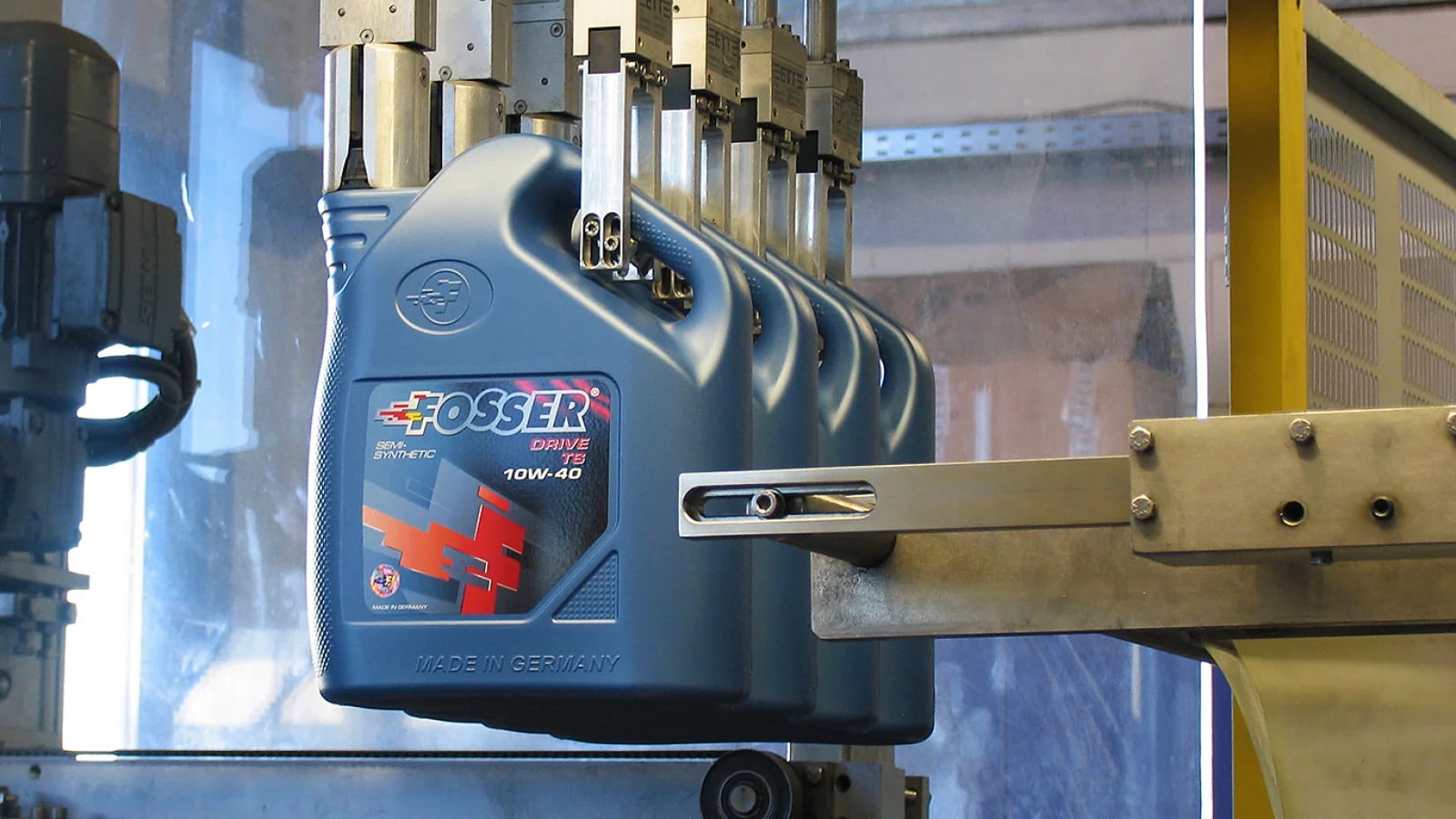How much did fertilizer prices go up in Russia for the sowing season?
How much did fertilizer prices go up in Russia for the sowing season?
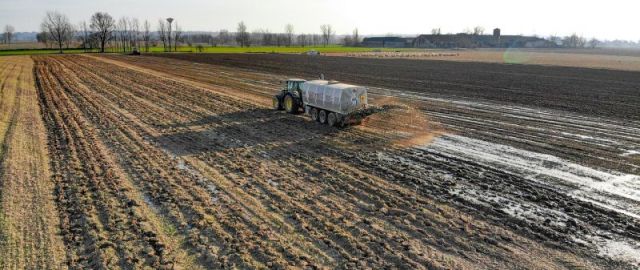

On the eve of the sowing campaign, the Minister of Agriculture Dmitry Patrushev pointed out the lack of fertilizers among agricultural producers, and one of the reasons for this is the increase in prices, writes the BFM.RU portal.
Last Thursday, March 14, the head of the Ministry of Agriculture Dmitry Patrushev asked the head of the Cabinet of Ministers Dmitry Medvedev to involve the Federal Antimonopoly Service in solving the problem of rising prices for fertilizers.
The minister added that of the 3 million tons of fertilizers needed for the sowing campaign, only 1 million tons of fertilizers are currently available from agricultural producers. One of the reasons for this is the rise in prices since the beginning of the year.
How much did fertilizers become more expensive? Andrey Bodin, Chairman of the Board of the Union of Sugar Producers of Russia, answers the question:
“According to the members of the union, there is an increase in fertilizer prices: for nitrate by 14%, for the rest, fluctuations from 6%, some up to 23%. Any increase in cost components is, in general, a problem for any business. In particular, for the agricultural sector, of course, since our main task today is the intensification of agricultural production, which in general should lead to an increase in the volume of production per hectare in the future. And, of course, it must be borne in mind that after fertilizing, we do not get the effect immediately, but maybe after three to four years. Of course, some of our farms and enterprises buy fertilizers in advance, during a period of low prices. But not all agricultural producers today have the financial ability to make such purchases. And, of course, in this situation, timely support allows you to ensure the sowing campaign. “
What is the reason for the increase in fertilizer prices on the domestic Russian market?
The situation is commented on by asset manager, exchange expert Vladislav Zhukovsky:
“We see that there has been a rise in fertilizer prices in the global markets. Not critical, but by 10-15%, up to 20% at the moment – this is on the one hand. On the other hand, last year the ruble fell by almost 20% against the dollar, from 56 rubles per dollar at the beginning of the year to 67-68 rubles at the end of 2018. Therefore, relatively speaking, in terms of rubles, export supplies are much more profitable than supplies to the domestic market. As a result, export prices for fertilizers in terms of rubles increased by almost 35-40%. It is clear that large suppliers – producers of fertilizers, which export raw materials abroad, do not want to lose their super profits, and therefore they are certainly interested in selling fertilizers domestically at world prices. From my point of view, this is wrong for the simple reason that it is impossible to make domestic farmers directly dependent on what is happening in the foreign exchange market. “
What prevents Russian farmers and fertilizer producers from agreeing on prices on the domestic market? The opinion of the head of the National Meat Association Sergey Yushin:
“There have been many attempts to conclude such agreements, and for some time they have even been observed, but, unfortunately, the situation does not work out in which we could really be sure that the agreements will be respected 100%, this does not happen. I don’t know whether we need to develop a certain clear formula for these agreements, or somehow influence the fertilizer producers in some other way, but we don’t propose to ban the export of fertilizers, but something must be done about it. And, of course, first of all, we expect a more balanced and consistent position from the Ministry of Industry and Trade. If you are defending some branches, for example, light industry, then please think about agriculture as well ”.
Prime Minister Dmitry Medvedev instructed the Federal Antimonopoly Service, relevant ministries and regional executive authorities to monitor prices for fuels and lubricants and mineral fertilizers and report to him on the results on a monthly basis.
(Source: www.bfm.ru)
Другие новости:
The company "Smolselmash" LLC will take part in the "Early Booking" promotion from Rosagroleasing
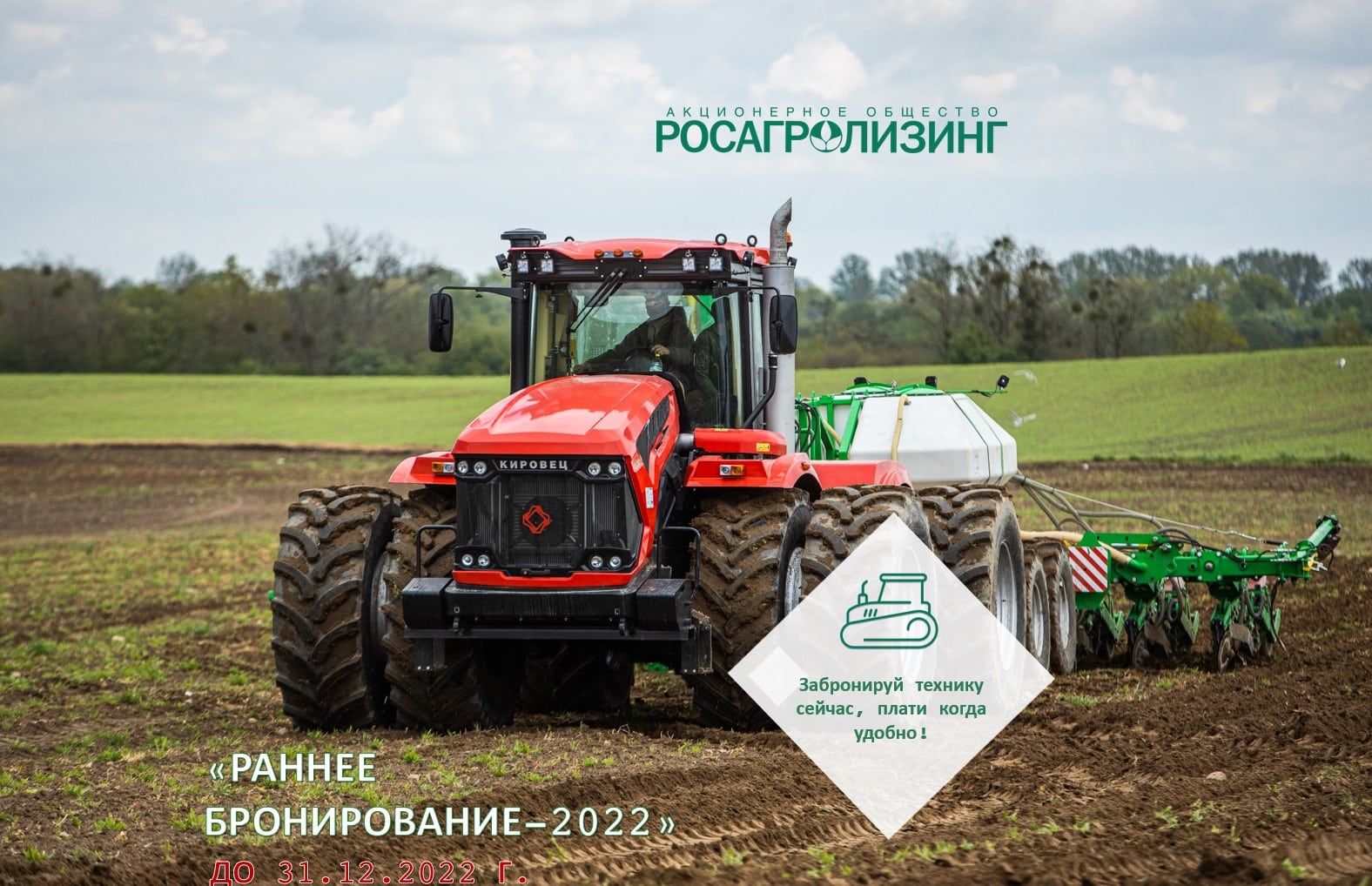
Rosagroleasing 2022
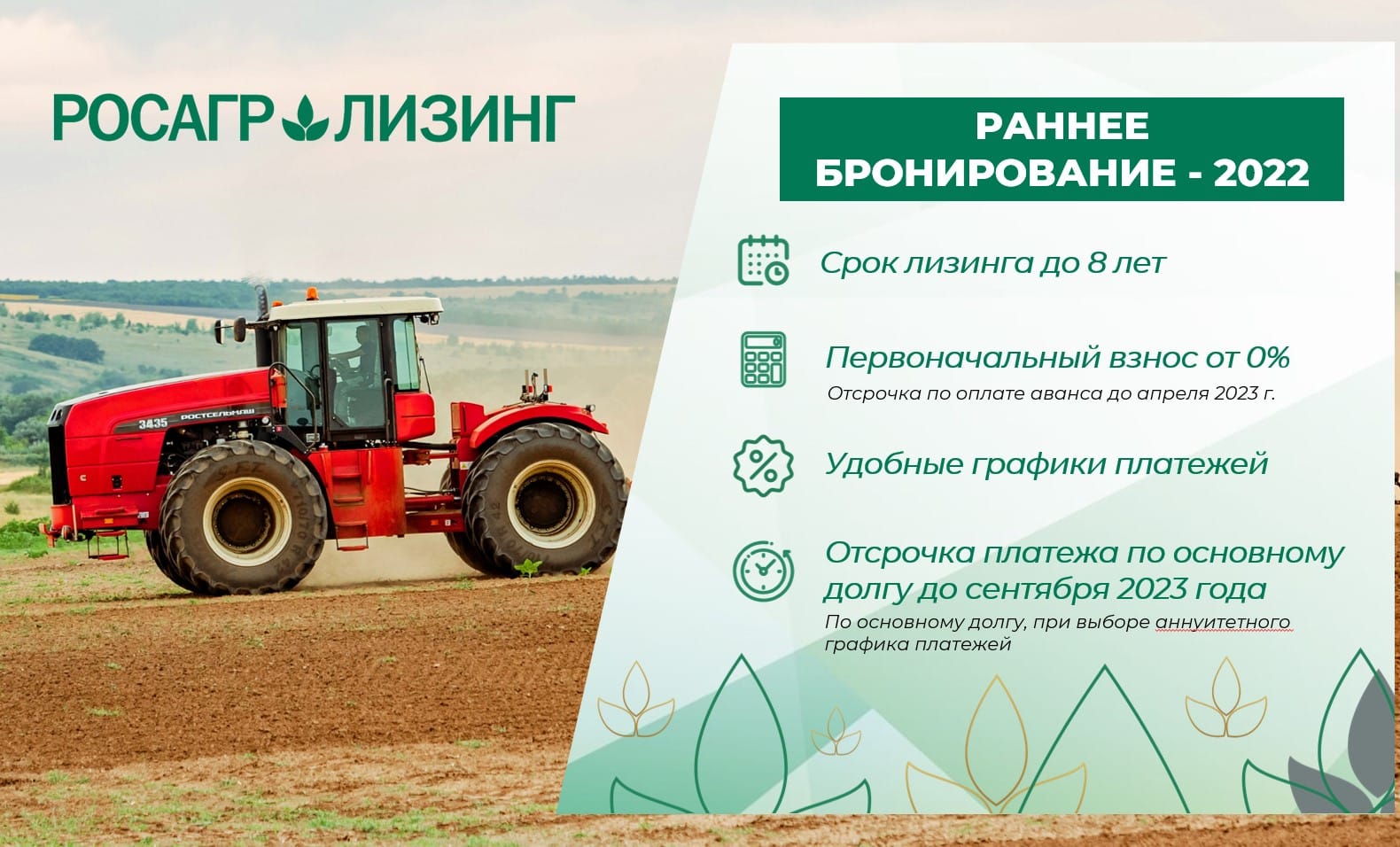
Smolselmash LLC is the official dealer of NDB Tech in the Russian Federation!

SMOLSELMASH LLC is the official representative of TD MTZ LLC
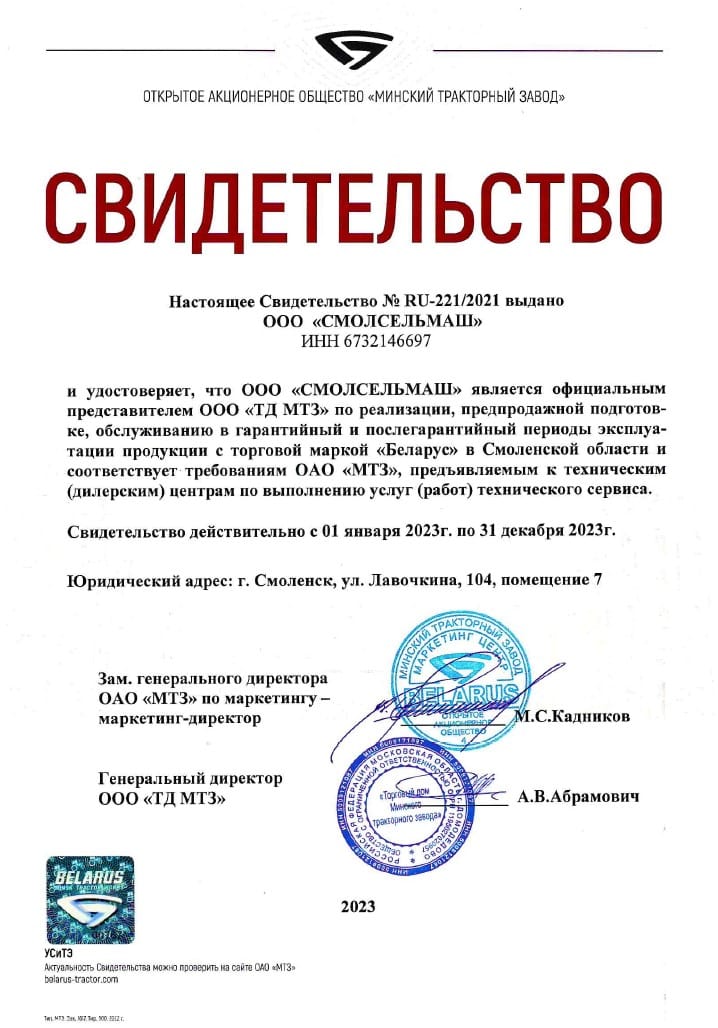
Smolselmash LLC is a dealer of premium German oils Fosser and Astron
